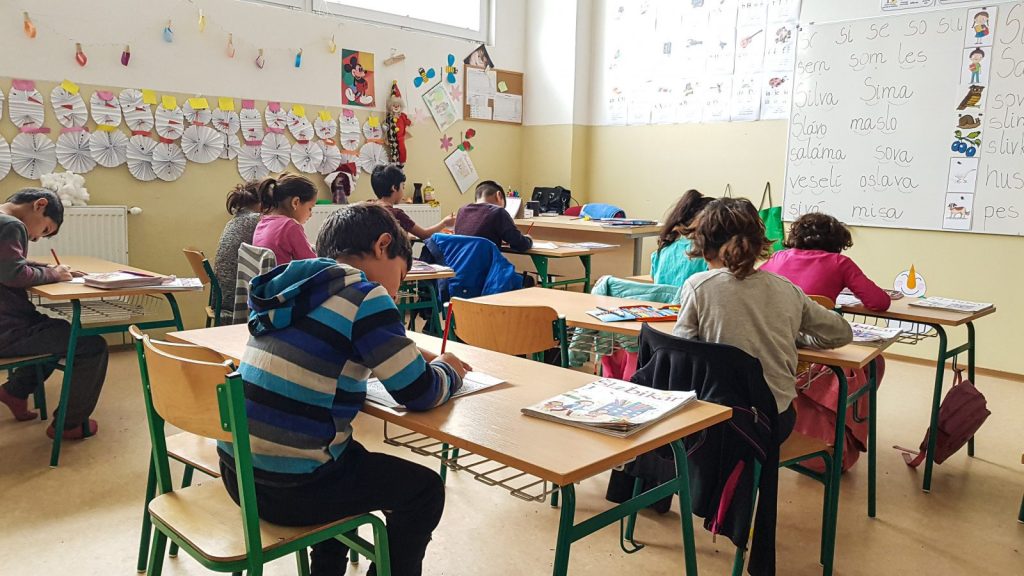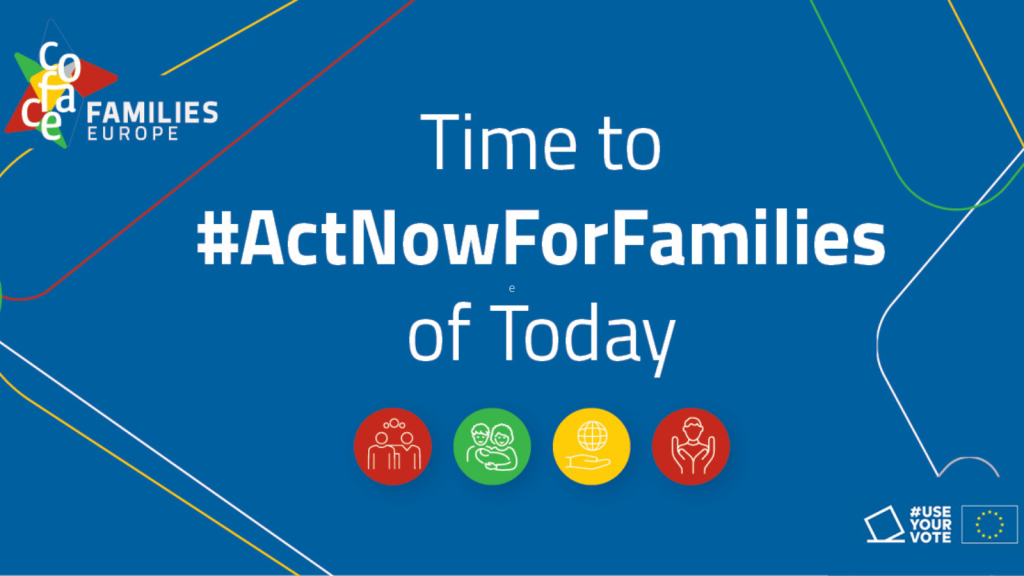As an industry, we are all about doing our utmost to ensure that our players have fun and enjoy the games and all the many benefits that playing video games bring. That means that our companies dedicate serious resources to ongoing development of appropriate parental management tools and other measures to promote responsible gameplay and safe, supported player environments, both off and online. But it is also crucial that families are aware of what is available to them and actively share the information with their friends and family members.
53% of Europe’s population between the ages of 6 and 64 plays video games! And, whilst the average age of a player is 32, many players are children. Europe’s video game companies are dedicated to creating games for everyone to enjoy and, also, importantly, to provide safe, responsible environments for those games to be enjoyed in.
Our Seize the Controls campaign runs every year to remind parents of the tools they can choose to set up the best video game play experience for their family and provides five tips to help manage video gameplay: what children are playing, who they are playing with, how long they are playing for, and how much they can spend, for example.
Here are our five tips for parents:
1. Check the game’s PEGI rating
PEGI, or Pan European Game Information, provides age labelling and content descriptors that alert parents to in-game purchases, bad language, violence, frightening content, drugs, sex or discrimination, for example. PEGI helps you make informed decisions when purchasing video games, whether these are played on console, computer, tablet or mobile phone. At home or on the move, this information is accessible through the PEGI app or the PEGI website. The app is available in nine languages: English, French, Polish, Dutch, Italian, Spanish, Portuguese, German and Swedish.
All major video games and platforms have PEGI ratings as an integral part of their family settings.
2. Use family settings and smartphone apps. Set-up limits that work for you and your child
Family settings are available on all video game consoles, tablets, smartphones, and handheld devices, as well as PC and Mac operating systems, to assist parents in managing online interaction, playtime, spending, and access to age-appropriate video games. These are designed to be as simple to use as possible. Publisher’s own platforms increasingly offer tools and additional verification mechanisms.
We recommend that you use these tools not only to manage the gameplay but also as a starting point for conversations with your child in order to establish the rules that work best for you and your family.
In fact, these tools should be used to proactively ensure a safe and enjoyable gaming experience. They serve multiple purpose, including managing playtime based on age ratings and descriptors, enabling you to select the types of games suitable for your children within the PEGI age rating framework. These tools can also allow you to regulate the amount of time your children spend playing games. More on weekend, less on weekdays? You get to find the balance.
Some games allow players to interact with one another within the game. The family settings allow you to limit or even prevent your child from communicating with other players. You can set the communications to friends only, friends of friends, anyone, or no one.
Furthermore, for games that offer the opportunity to make purchases this will be indicated on the game by a PEGI in-game purchase descriptor so you will be made aware of this. The family settings can then be used to limit or block spending, as appropriate.
3. Play together! Talk to your children about their games and discuss online safety and ground rules.
Video gameplay is not only fun and entertaining, but it is also a learning experience. So why not join your kids when they are playing and talk with them about the game and who they’re playing with? Take the opportunity to explain why certain games may not be suitable for them. It is the best way to engage with them. We encourage you to play together and discuss online safety and ground rules.
4. Enjoy the benefits of playing games!
There are substantial benefits to video games such as improving motor skills, problem solving skills, team building skills, memory, attention and concentration, multi-tasking, and social skills.
Research shows that families that play together and/or take the time to discuss video game play have the healthiest relationship with video game playing, get the most out of it, and have the fewest arguments about play time. Research also shows that girls who play video games are three times more likely to enrol in STEAM programmes than girls who don’t play.
Check out resources available in your local language
Whether your children are playing for fun, to learn, to connect or to get fit, we want you to have the support and confidence you need to manage their screen time, spending and access to age-appropriate content. So before or while they play, we urge all parents to take a moment to check out resources available to them in their national countries and in their local language, here: https://www.seizethecontrols.eu/local/.
About the author:
Nicholas Elles heads up Communications and Public Affairs at Video Games Europe, which brings together 19 European and international companies and 13 national trade associations across Europe. As a parent of young children, responsible gameplay is a key priority for Nicholas. Responsible gameplay is also one of the key focuses of Video Games Europe and its members. The industry ensures the protection of minors through several tools including PEGI, parental controls tools and regular awareness campaigns at national levels. Nicholas has been working in Brussels for close to 20 years and holds a MA in Politics and Economics from Sussex University.
**DISCLAIMER: All opinions in this article reflect the views of the author, not of COFACE Families Europe**





